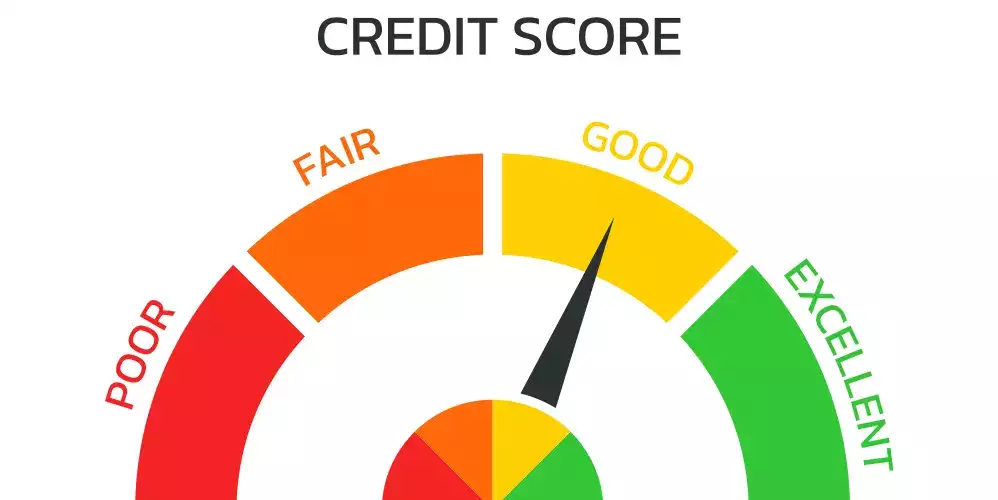CIBIL Score vs CIBIL Report: Understanding the Key Differences
In India, assessing an individual’s creditworthiness is crucial for lenders and lending institutions. Two important factors in this evaluation process are the CIBIL score and the CIBIL report. To shed light on these concepts, below is a breakdown of their differences.
CIBIL Score:
– Nature of Information: It is a numerical representation, ranging from 300 to 900, that reflects an individual’s creditworthiness.
– Usage by Lenders: Lenders and lending institutions use the CIBIL score to quickly evaluate credit risks.
– Purpose: The CIBIL score serves as a convenient reference point for lenders to assess the credit risk associated with an applicant.
– Impact on Lending Decisions: The CIBIL score directly affects various aspects, such as interest rates, credit limits, and the approval or decline of loan applications and credit card requests.
CIBIL Report:
– Nature of Information: Unlike the CIBIL score, the CIBIL report provides a detailed record of an individual’s credit history and overall financial behavior.
– Usage by Lenders: Lenders rely on the CIBIL report to gain comprehensive insights and conduct meticulous credit assessments.
– Purpose: The CIBIL report offers a thorough background for lenders, enabling them to make meticulous evaluations of an applicant’s creditworthiness and financial responsibility.
– Impact on Lending Decisions: The CIBIL report paints a detailed picture of an individual’s financial behavior and credit management skills, guiding lenders in making well-informed decisions when extending credit.
To summarize, the CIBIL score is a concise numerical representation of creditworthiness, while the CIBIL report provides a comprehensive view of an individual’s credit history and financial behavior. Both are essential in maintaining a healthy financial profile and making informed decisions about credit management.
It is advisable to regularly check the CIBIL report to identify any errors, monitor credit behavior, and take proactive steps to improve the credit score. By doing so, individuals can enhance their overall financial well-being.

I have over 10 years of experience in the cryptocurrency industry and I have been on the list of the top authors on LinkedIn for the past 5 years. I have a wealth of knowledge to share with my readers, and my goal is to help them navigate the ever-changing world of cryptocurrencies.











